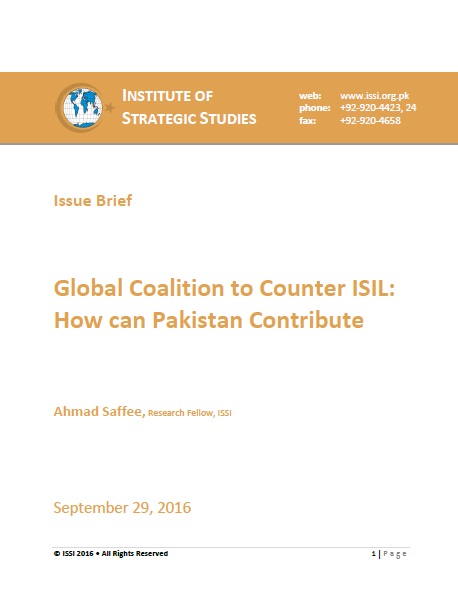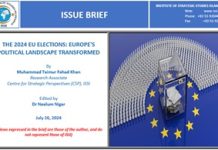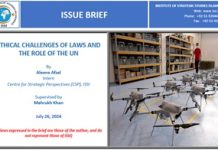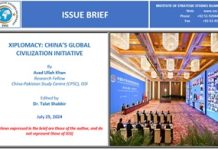The formation of Islamic State in Iraq and the Levant (ISIL) owes much to the socio-political fragmentation in Iraq and the wider region as a result of United States of America’s (USA) invasion and premature withdrawal, which left a security vacuum in the country from 2003-2011. In addition, the Shia – Sunni schism exacerbated under the National Shi’ite regime of Nouri-al-Maliki further alienated the former Sunni rulers. This situation was exploited by Al-Qaeda in Iraq (AQI) resulting in splintering and ultimately establishment of ISIL.
Over the years, ISIL has become the richest terrorist group in history, with assets totaling over $2 billion. The success of ISIL owes much to its robust operational structure and strategic planning in territorial gains in Iraq and Syria, which gave it access to oil refineries, smuggling of artifacts and other criminal activities used for terror financing. In Syria it recruited and functioned with Al-Nusra Front and other Sunni insurgent groups, which also led to inter-group fighting. However, ISIL asserted its influence with sheer violence and used bloody tactics of car bombs and explosive to target its enemies.
















